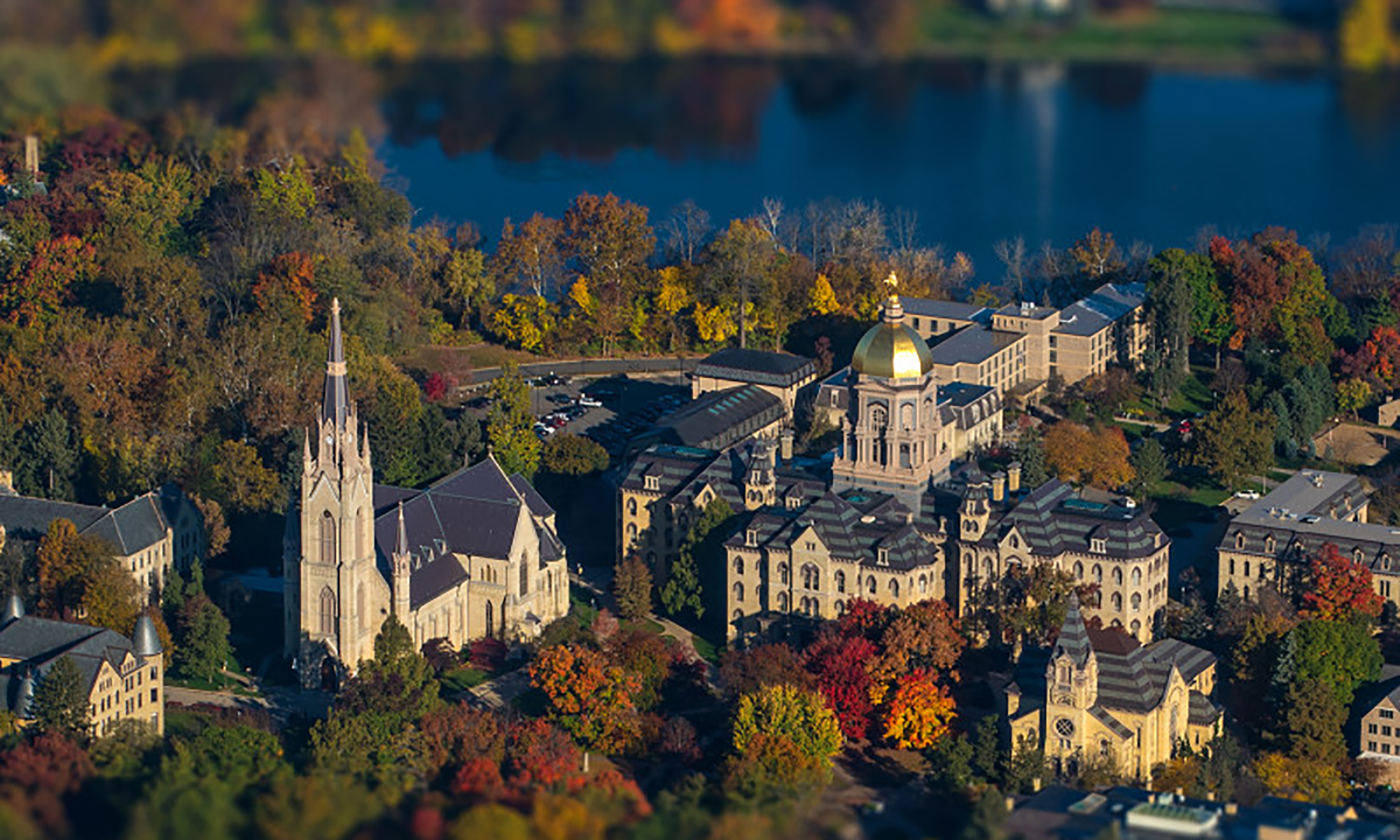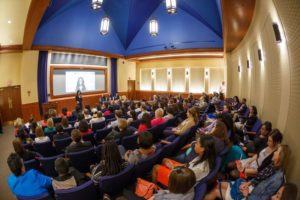A symposium to honor Professor Antsaklis organized by his graduate students.
Sponsored by The Department of Electrical Engineering and The College of Engineering of the University of Notre Dame.Excerpt from: P. Antsaklis, “Editorial Control Systems and the Quest for Autonomy,” IEEE Transactions on Automatic Control, vol. 62, no. 3, pp. 1013–1016, Mar. 2017.“…On a personal note, the above ideas influenced and guided my research for decades, where I pursued research in learning via neural networks, in DES supervisory control via Petri nets, in the control of hybrid dynamical systems, in networked control systems, and more recently in Cyber-Physical Systems.
I am convinced that there are tremendous opportunities for Systems and Control specialists in the area of Autonomous Systems. Of course this is a long held belief of mine as witnessed by my intensive research in the area, and by my earlier attempts to draw your attention to these opportunities. In fact, the closing comments of my first Editorial as the Editor-in-Chief of the IEEE TRANSACTIONS ON AUTOMATIC CONTROL in January 2010 [item 1) in the Appendix] were:Throughout my professional career I have been a firm believer first in the Quest for Autonomy as a powerful driving force in engineered systems over the centuries, and in Feedback as the best mechanism to achieve autonomy, witnessed by feedback’s ubiquitous presence in all natural and human made systems. I have been including these themes in my talks for many years. In our chosen field of Systems and Control we should go beyond emphasizing exclusively only certain types of models and mathematical techniques. We need to see the bigger picture, to realize that there are many ways to describe the phenomena we want to control, involving for example logic in addition to differential equations, as in hybrid systems, and expanding our horizons and our field. And this will happen if in our theoretical research we are also motivated by application needs and not only by mathematical challenges. We have very much to offer, and we should work towards realizing this potential.
And in my 2013 Editorial [item 2) in the Appendix] I wrote:
We need to address bigger problems. A system typically is more than a set of ODEs and the specs may not be conveniently described in the frequency domain. While these specs served us well in the past and are still very useful, we need to move on because the problems and their descriptions have become much more sophisticated and much more demanding. We are in the systems area after all, an area that prides itself for considering a wider view of the problem, taking a system’s, a bird’s eye point of view. In hybrid dynamical systems we combine discrete and continuous dynamics to study the system behavior. Nowadays we have data and lots of it that need to be considered together with our mathematical models. What is the best way to go? This is quite a challenge.
We, in Systems and Control, can be the most important contributors to autonomous systems with our knowledge of feedback (feedback is important throughout, at all levels of autonomous systems; remember that feedback transcends models), our mathematical expertise, and with our fundamental understanding of dynamical systems and their interactions. Let’s do it! Yes, we can!
1) P. J. Antsaklis, “Continuing the tradition of excellence in 2010 and beyond,” IEEE Trans. Autom. Control, vol. 55, no. 9, pp. 1–3, Jan. 2010. [pdf]
2) P. J. Antsaklis, “Continuing the tradition of excellence: Where we have been and where we could go,” IEEE Trans. Autom. Control, vol. 58, no. 9, pp. 2157–2159, Sep. 2013. Part of this editorial was published under the title, “Some thoughts about publishing results in our field,” IEEE Control Syst. Mag., pp. 22–41, vol. 33, no. 6, Dec. 2013. [pdf]“

 The venue for the symposium is Eck Center Auditorium, next to Hammes Notre Dame Bookstore and very close to Notre Dame main entrance.
The venue for the symposium is Eck Center Auditorium, next to Hammes Notre Dame Bookstore and very close to Notre Dame main entrance.